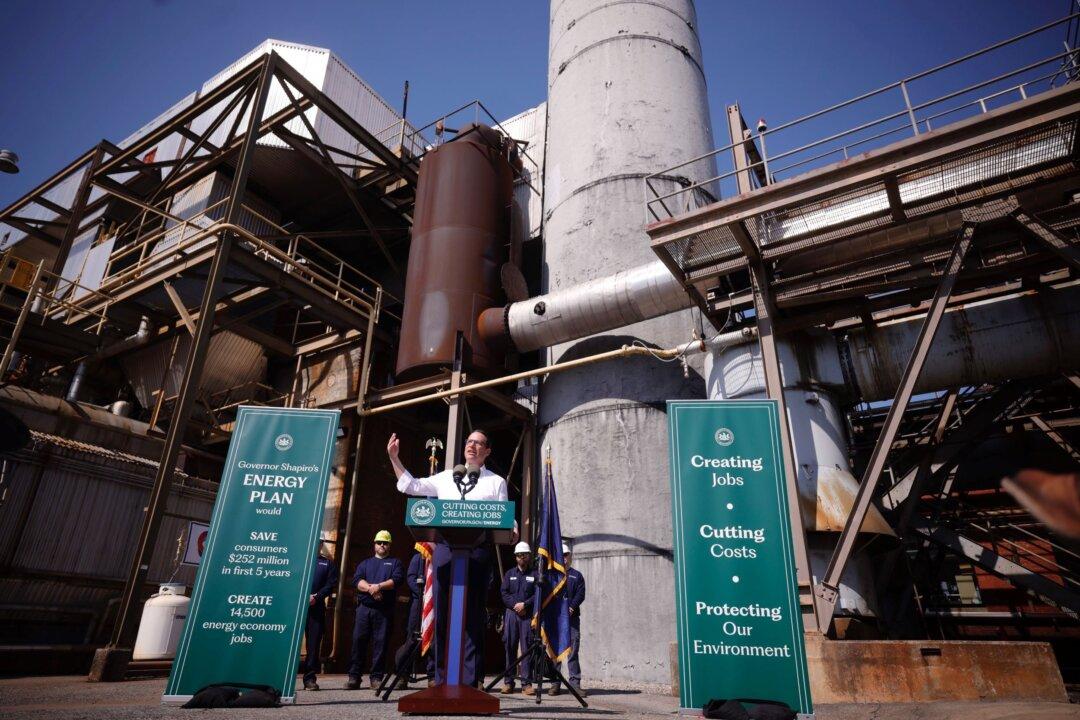Pennsylvania Gov. Josh Shapiro unveiled his multi-pronged energy plan this past week. Republicans said it is dead on arrival.
The Democrat governor and House Republicans are wrangling over taking “real action to address climate change,” protecting and creating energy jobs, and ensuring reliable, affordable power.





